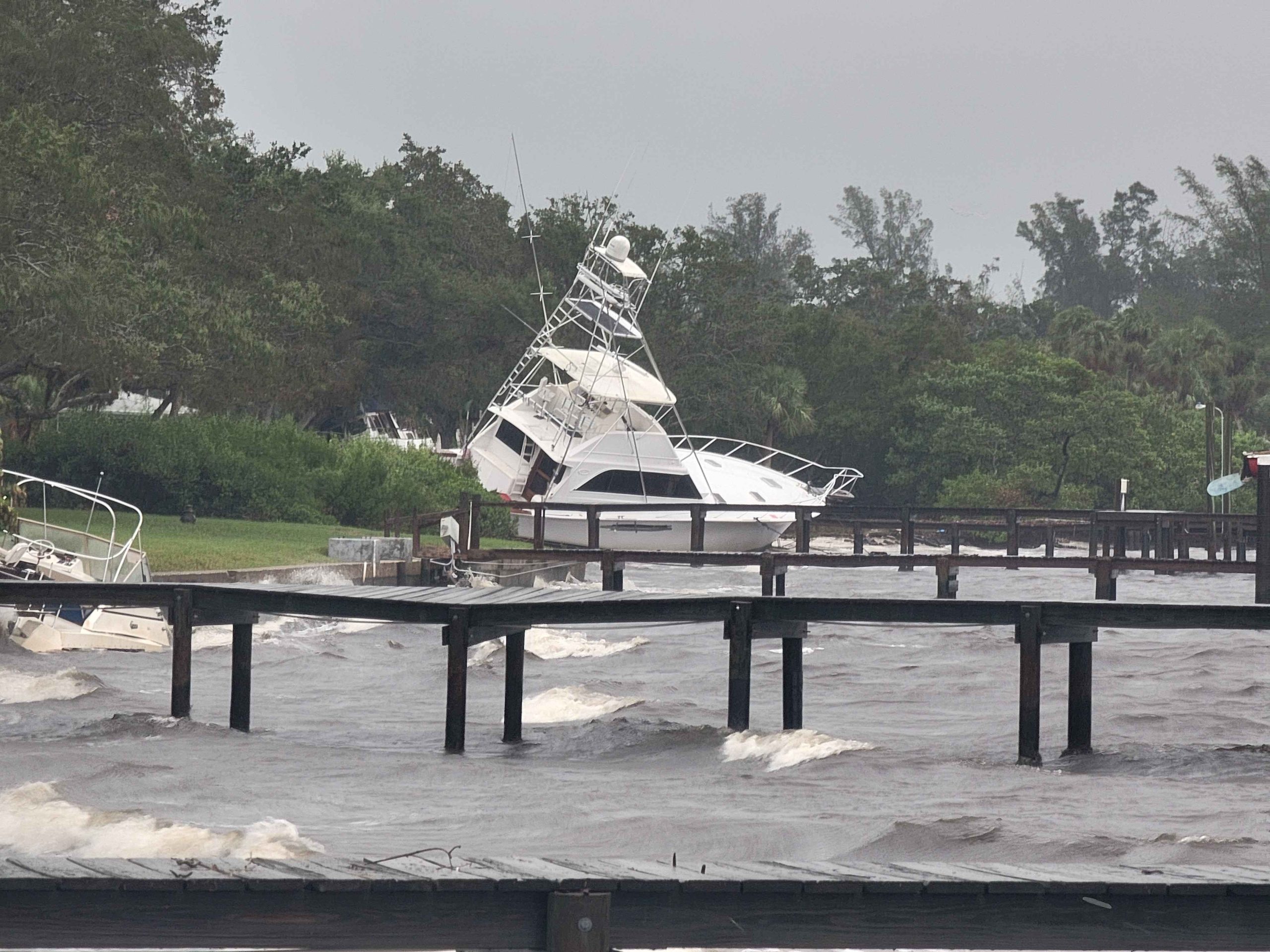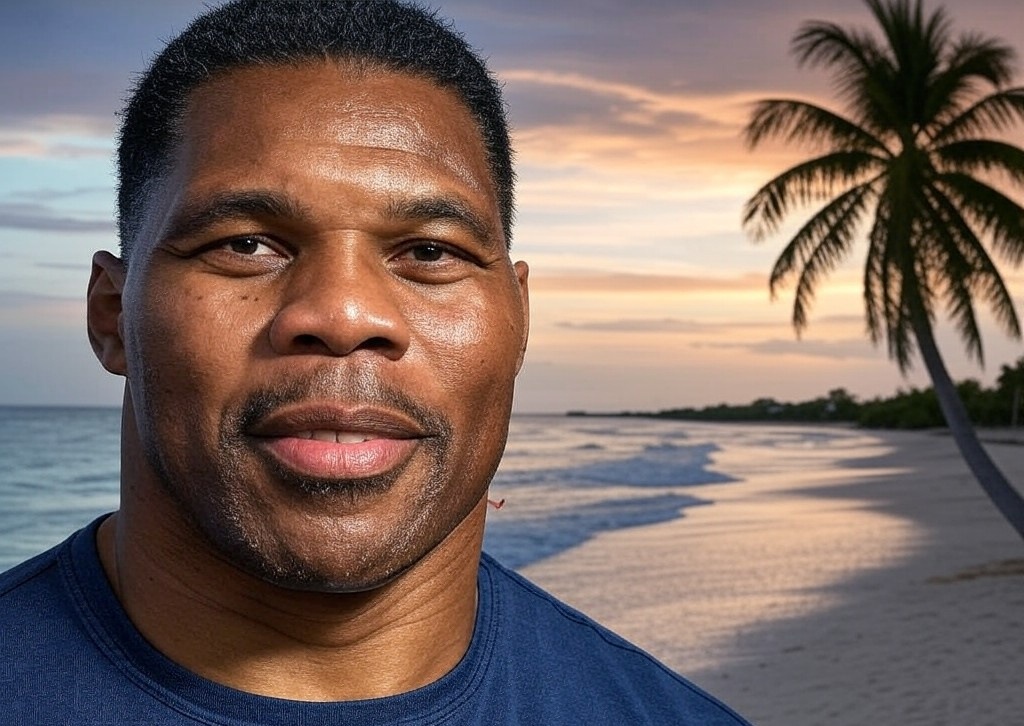In the quiet streets of Bradenton, Florida, Jim has lived a life marked by the typical joys and challenges of homeownership. However, the increasing ferocity of hurricane seasons has transformed his perspective, turning him into an unwitting witness to the harsh realities of climate change.
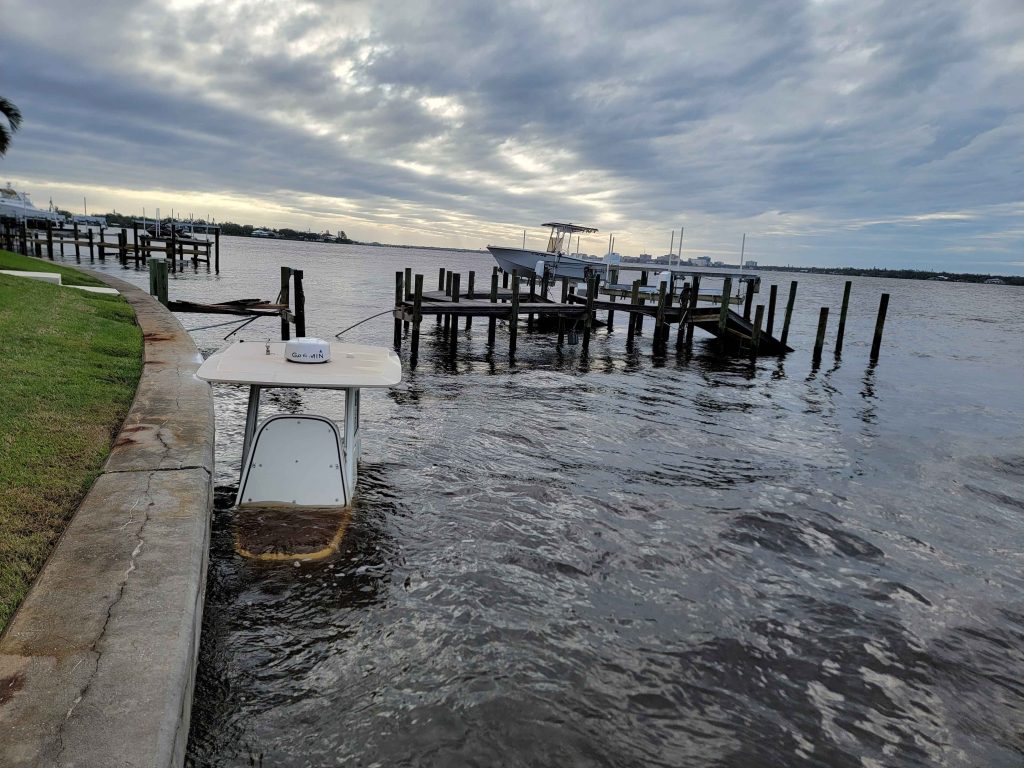
This year, Hurricanes Helene and Milton swept through Florida with devastating force, leaving a trail of destruction that was hard to ignore. Jim’s home, like many others, suffered significant damage. The cost of repairs and the emotional toll of constant vigilance during hurricane season have taken their toll. “Every year, it seems to get worse,” Jim says. “The storms are more intense, and the damage is more extensive. Helene tore up the dock a bit, and Milton finished it off completely.”
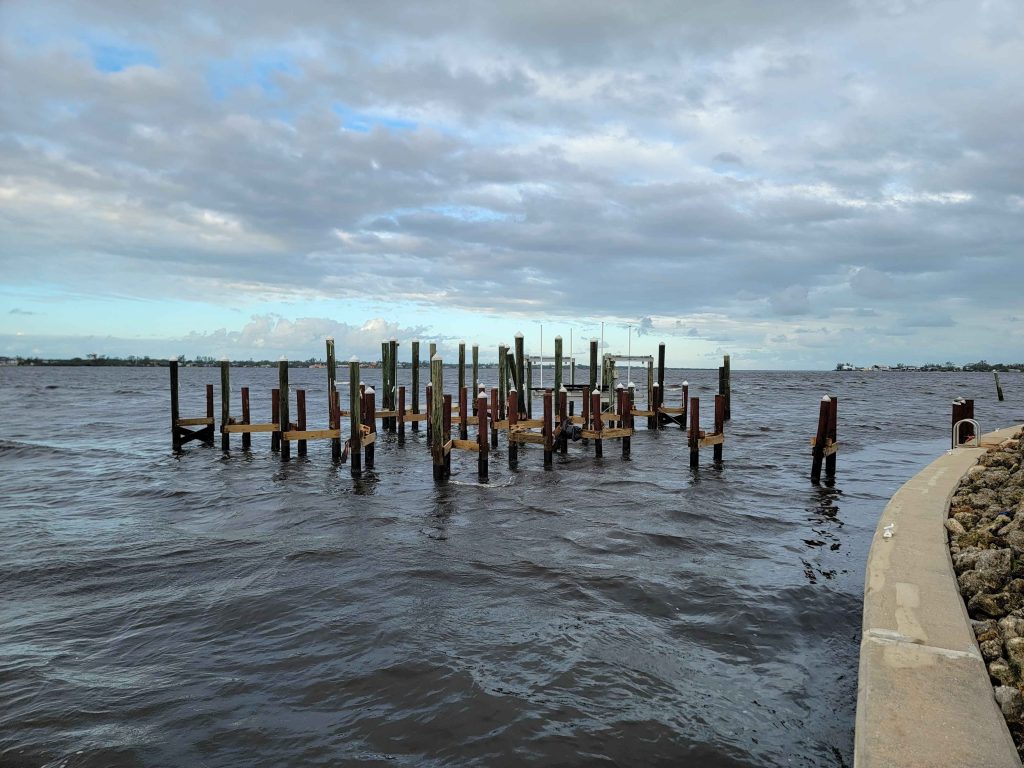
Jim’s realization came gradually. Like many of his neighbors, he used to view the idea of climate change as a distant concern—something that scientists discussed but had little impact on his daily life. But as the seasons have become more unpredictable and the hurricanes more severe, the evidence in front of his eyes has become too compelling to ignore.
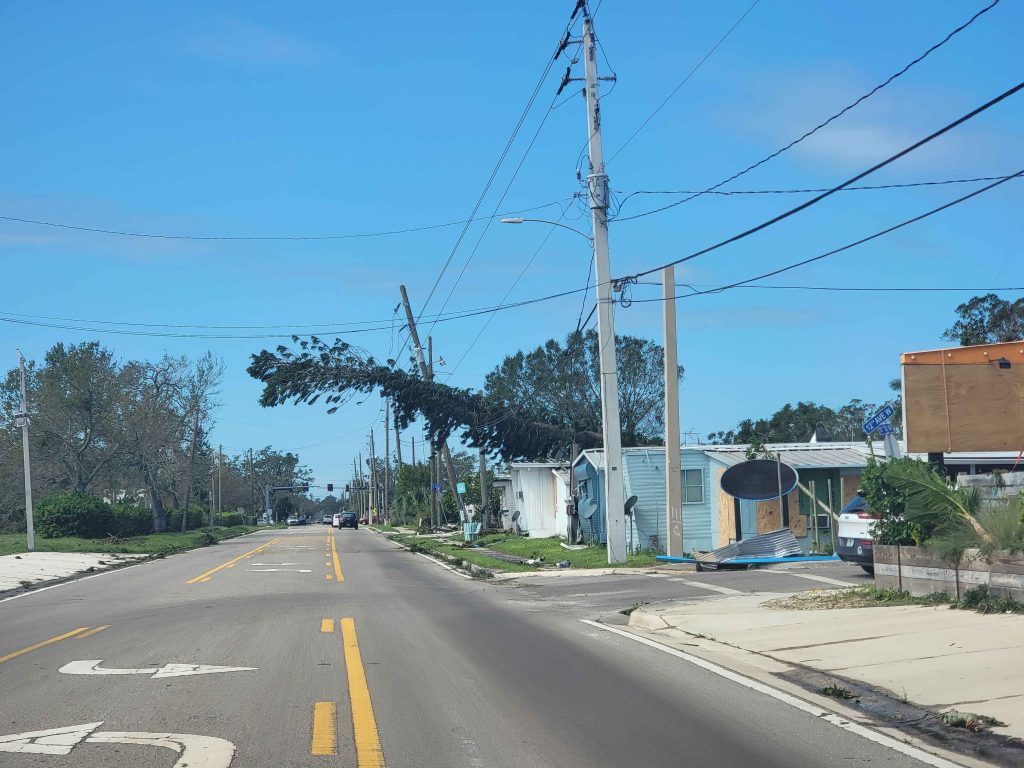
Helene, with its strong winds and heavy rains, caused the community to lose power for several days, disrupting lives and businesses. Just as the community began to recover, Milton hit, further straining the resources and resilience of the residents. “It’s a wakeup call,” Jim admits. “We can’t keep pretending that this isn’t happening.”
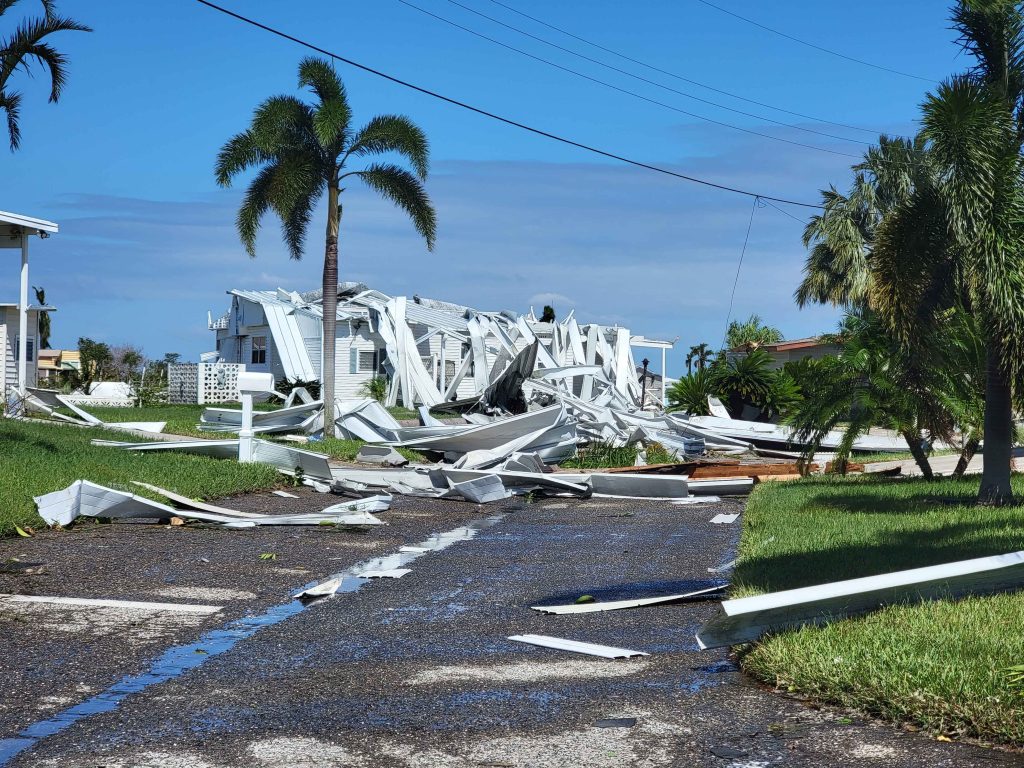
Faced with the undeniable impacts of these storms, Jim is now contemplating a significant life change—relocating from the hurricane-prone area. “The thought of leaving is heartbreaking. This is my home. But I’m not sure how much more we can take. Each hurricane season feels like a roll of the dice.”
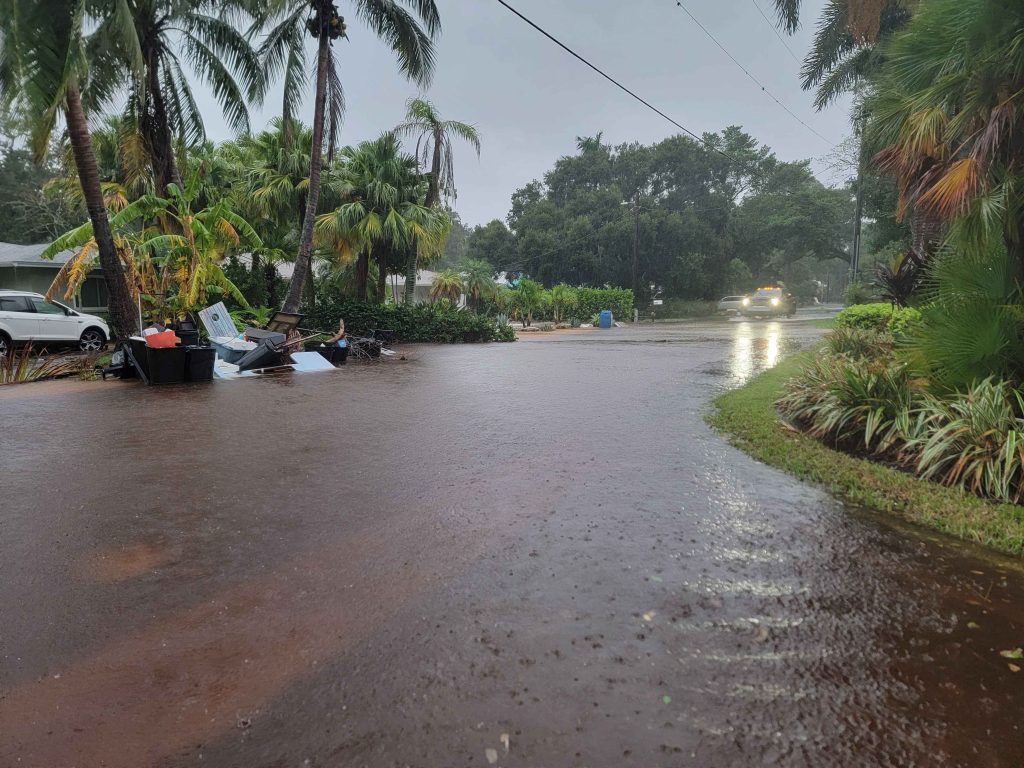
Jim’s story is not unique in Bradenton or other parts of Florida. Many residents are coming to similar conclusions, weighing the emotional and financial costs of staying against the potential safety of moving to less vulnerable areas. For Jim, the decision is about more than just avoiding natural disasters; it’s about seeking a sense of security and stability for his future.
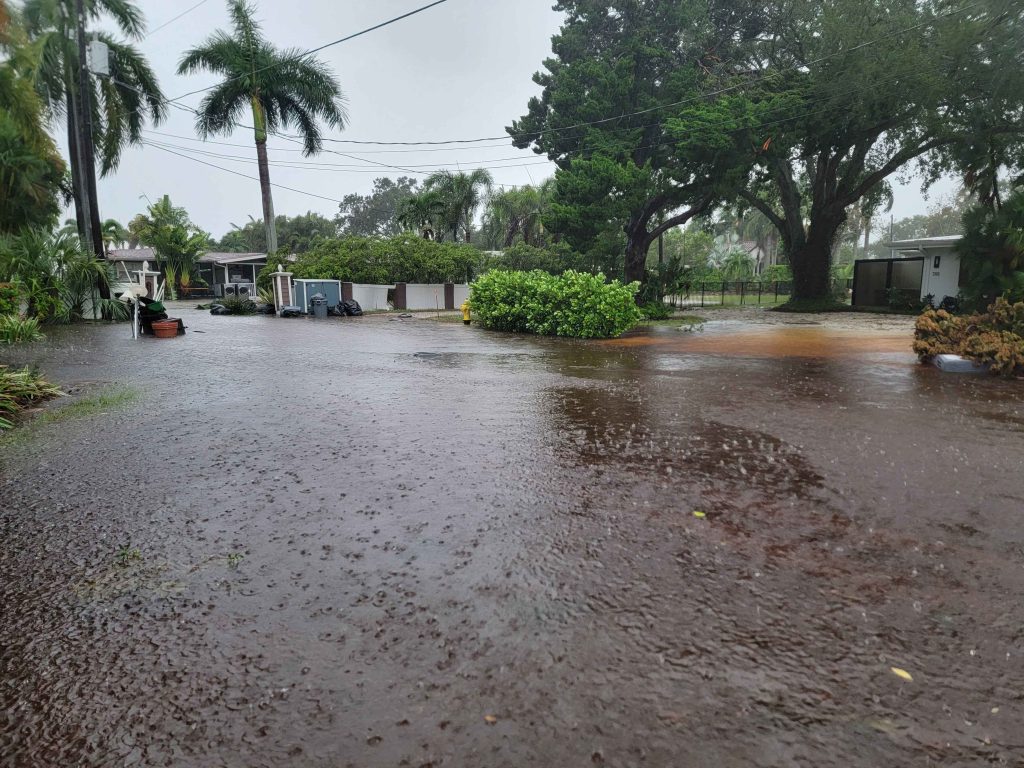
As more homeowners like Jim acknowledge the impacts of climate change, it becomes crucial for communities and policymakers to consider more robust measures to address these challenges. Building resilience, whether through improved infrastructure, community planning, or support systems, is essential to help residents adapt to the changing climate.
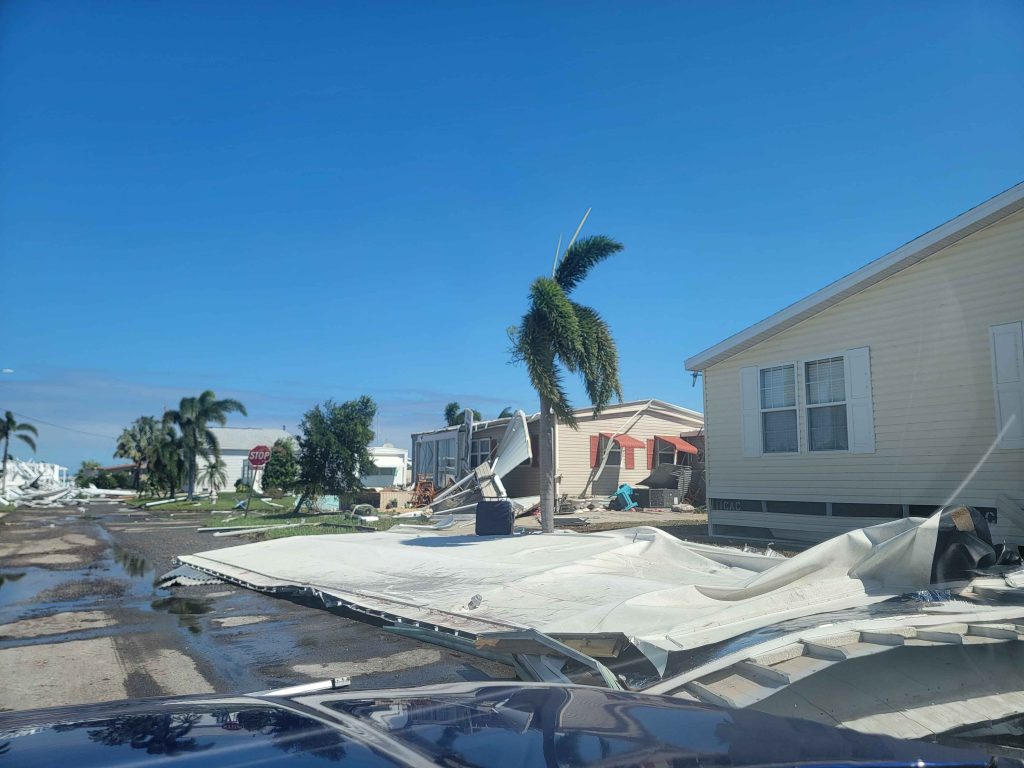
Jim’s journey from skepticism to recognition of climate change is a powerful reminder of the personal and communal stakes involved. It highlights the urgent need for action and adaptation strategies that can safeguard homes, lives, and futures against the inevitable next storm.

